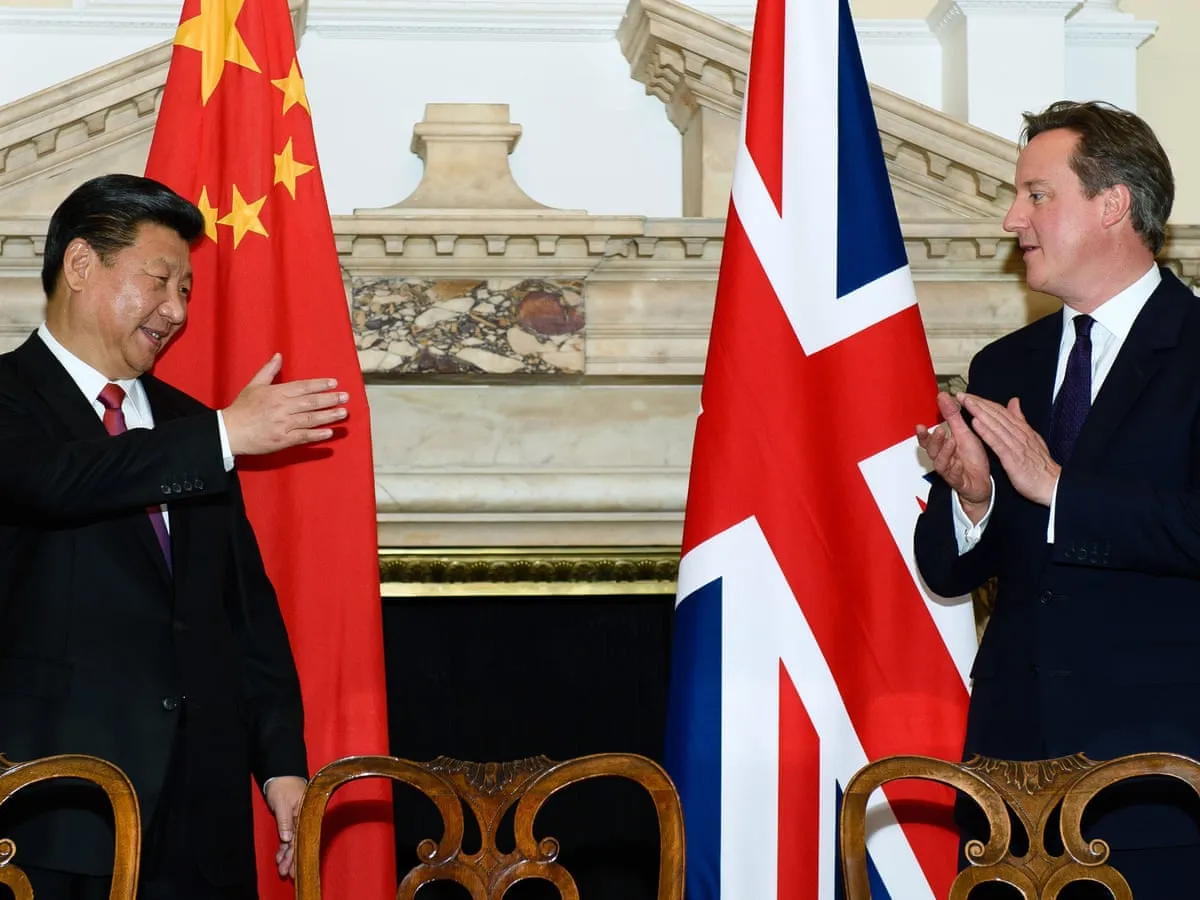News
China Rejects MI5 Allegations After UK Issues Warning to Parliament

China has strongly denied accusations from the United Kingdom’s security services that it is targeting British lawmakers through covert recruitment efforts. The Chinese embassy in London said the claims were pure fabrication and malicious slander, responding to an MI5 alert that warned members of Parliament about attempts by individuals posing as human resources recruiters on behalf of Chinese intelligence.
Although the alert was directed at parliamentarians, officials say it was also meant to send a clear message to Beijing. Ministers insisted that the UK is aware of China’s activities and will not tolerate interference in its political processes. The warning comes at a time when the government is seeking to restore confidence in its security stance after a high profile spy case collapsed last month.
That case involved two British men accused of working for Chinese intelligence. It fell apart in part because officials hesitated to describe China as an enemy or a national security threat. The outcome was seen by many in the intelligence community as weakening the UK’s posture and undermining deterrence efforts at a moment when concerns about Chinese espionage are rising.
Security officials continue to insist that China’s efforts to acquire sensitive information remain persistent and significant. They argue that Chinese intelligence operations, whether aimed at government institutions or private companies, are part of a long standing national strategy to close the gap with Western powers.
British security minister Dan Jarvis said China seeks to interfere in the country’s sovereign affairs in pursuit of its own interests. Analysts have long noted that China’s rapid technological growth has often been supported by intellectual property obtained from foreign partners and competitors. Some of this has come through joint ventures requiring technology transfer, while other cases have involved commercial espionage or reverse engineering.
Intelligence agencies also say China has been collecting vast amounts of personal data from users around the world, including through social media platforms such as TikTok. Officials believe the data is being stored for long term analysis that could support intelligence, economic or strategic objectives.
China rejects these accusations and insists that it does not engage in improper intelligence activities abroad. Chinese officials counter that Western intelligence agencies frequently operate inside China, arguing that espionage is not one sided.
Critics in the UK, however, say Western governments have been too trusting and too slow to recognise the scale of the challenge posed by Chinese intelligence gathering. They warn that the lack of a clear policy stance creates room for Beijing to continue exploiting uncertainty about how the UK views the threat.






















